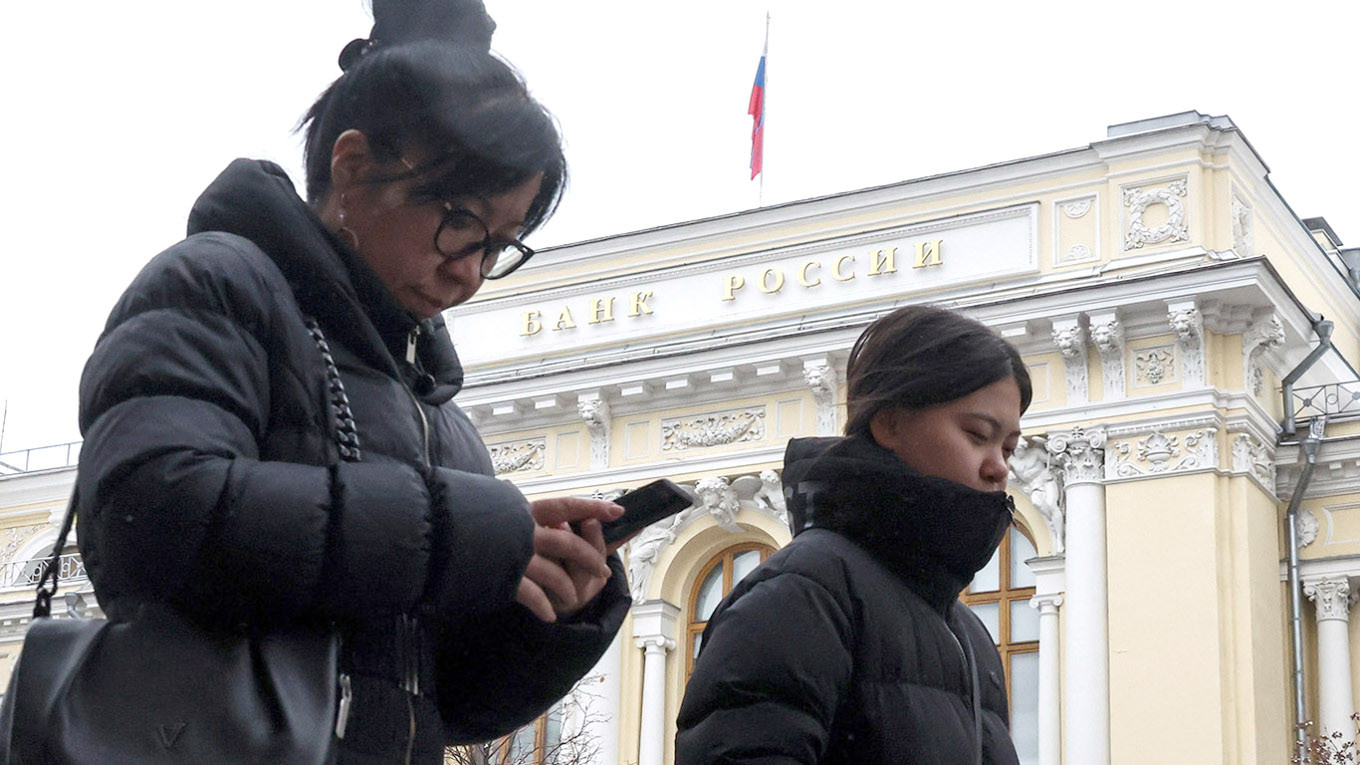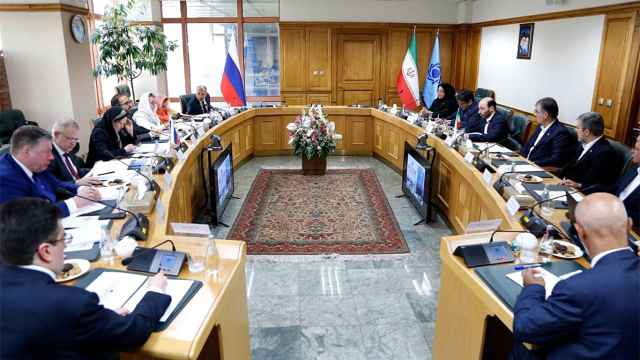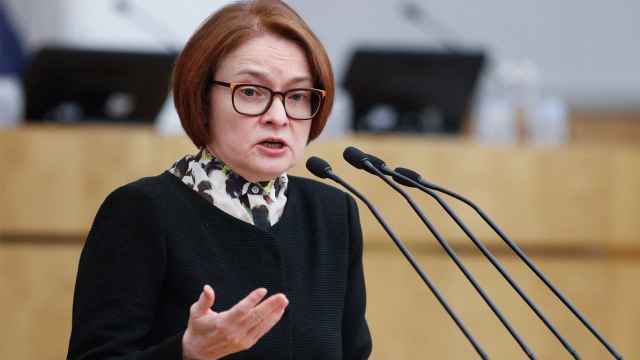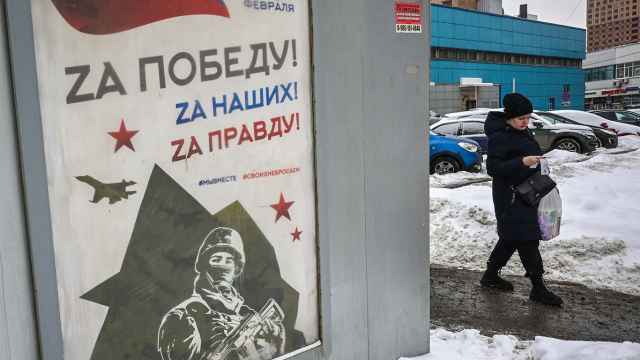Surging financial flows in January 2025 suggest Russia’s economy is growing more strongly than recently indicated, the Russian Central Bank said Friday.
The volume of incoming payments processed through the Central Bank's payment system rose by 8.8% compared to the average level of the fourth quarter of 2024. When excluding sectors such as mining, petroleum products and public administration, the increase was even more pronounced at 11.4%.
All major industry groups witnessed growth, with the most substantial uptick coming in sectors driven by investment demand.
"Part of the substantial increase in receipts in certain industries is likely due to more active advance payments for government contracts at the beginning of the year," Interfax quoted the Central Bank as saying in an update.
The Central Bank warned that the positive results should be treated with some caution as these payments are redistributed over the calendar year, so the nominal growth in January payments cannot be fully attributed to growth in economic activity.
Additionally, the longer New Year holidays this year — 11 calendar days compared to 8-10 days in previous years — may have led to accumulated payments, a factor that is difficult to fully account for in seasonal adjustments, the Central Bank noted. Nevertheless, the significant increase in receipts in January still supports the conclusion of noticeable economic growth.
The strong inflows mirror other surprising positive results.
Prime Minister Mikhail Mishustin reported to President Vladimir Putin last week that the economy grew by a robust 4.1% in 2024 — stronger than the expected 3.8% — and growth in the last quarter of the year was unexpectedly strong.
That was followed by another surprise after the services and manufacturing PMIs put in their strongest growth for a year. Both posted almost no growth in December, suggesting that the economy is cooling, but the combined PMIs posting 53.1 points in January was well ahead of the 50 no-change benchmark, S&P Global reported last week.
Economists are watching these economic indicators closely amid a raging debate over what 2025 has in store for Russia’s economic performance. The Central Bank kicked this debate off with a pessimistic medium-term macroeconomic outlook at the start of August 2024, predicting that growth would fall to a mere 0.5% and consumption would collapse.
With inflation hovering at around 9.5%, well ahead of the Central Bank’s target of 4%, and overnight interest rates at a historically high 21%, some have warned that Russia faces a wave of bankruptcies in the middle of this year.
More recently, a report claimed that the state has forced banks to channel hundreds of billions of rubles into state-directed soft loans to defense sector companies and that could precipitate a credit crisis. However, well-regarded Russian economists have argued that there will be no banking crisis and that the economy is much more robust than it first appears.
While 2025 will be the toughest year yet for Russia’s economy, which is starting to feel real pain, the jury remains out on just how bad it will be, or if the problems will be severe enough to push Putin into calling an early halt to the war in Ukraine.
This article first appeared in bne IntelliNews.
A Message from The Moscow Times:
Dear readers,
We are facing unprecedented challenges. Russia's Prosecutor General's Office has designated The Moscow Times as an "undesirable" organization, criminalizing our work and putting our staff at risk of prosecution. This follows our earlier unjust labeling as a "foreign agent."
These actions are direct attempts to silence independent journalism in Russia. The authorities claim our work "discredits the decisions of the Russian leadership." We see things differently: we strive to provide accurate, unbiased reporting on Russia.
We, the journalists of The Moscow Times, refuse to be silenced. But to continue our work, we need your help.
Your support, no matter how small, makes a world of difference. If you can, please support us monthly starting from just $2. It's quick to set up, and every contribution makes a significant impact.
By supporting The Moscow Times, you're defending open, independent journalism in the face of repression. Thank you for standing with us.
Remind me later.







